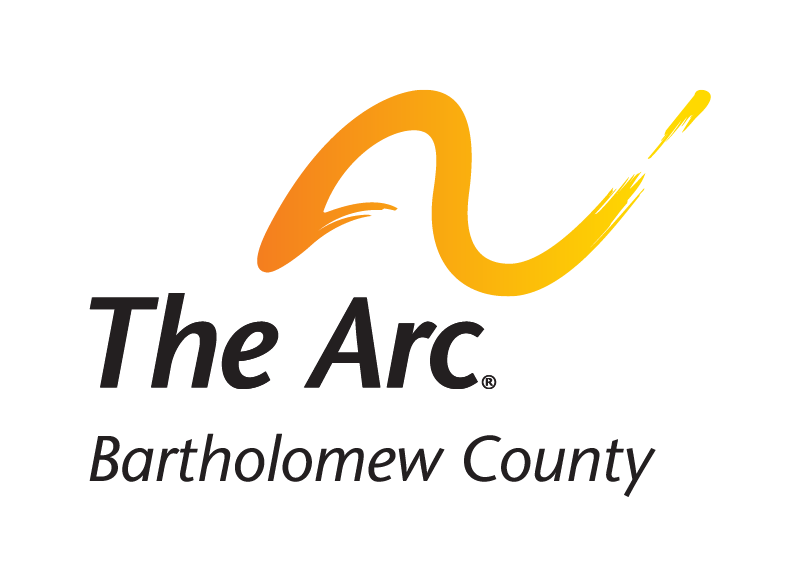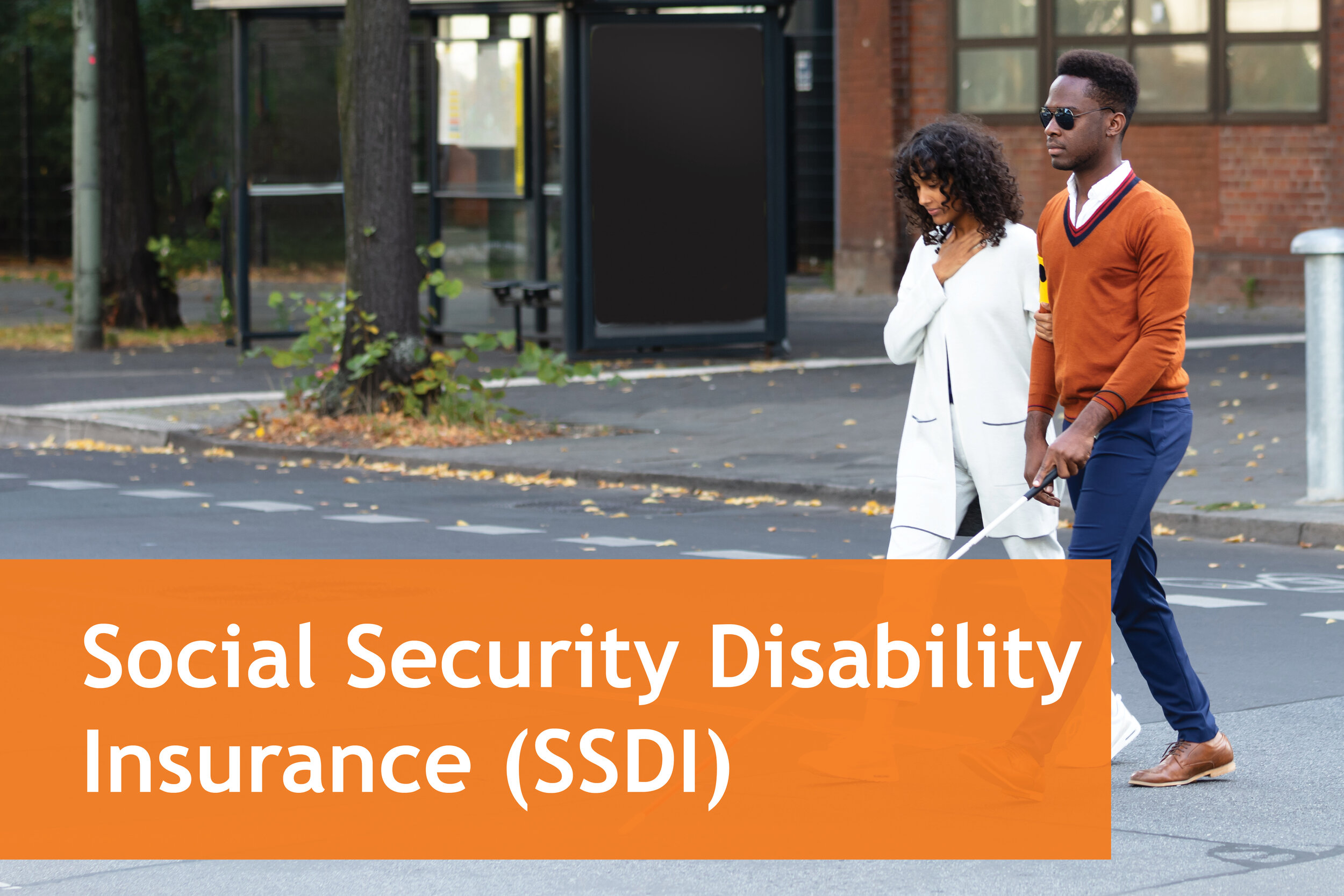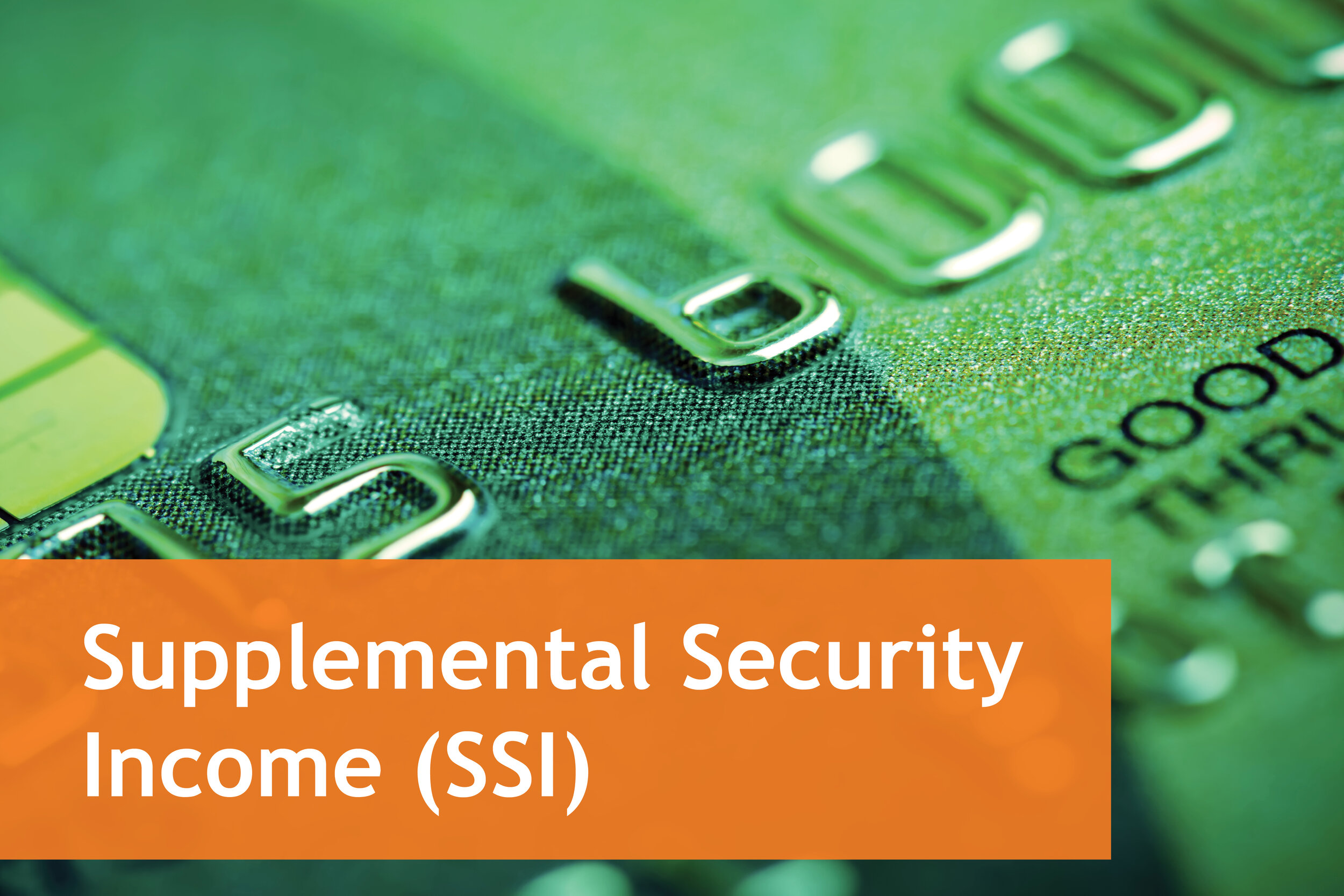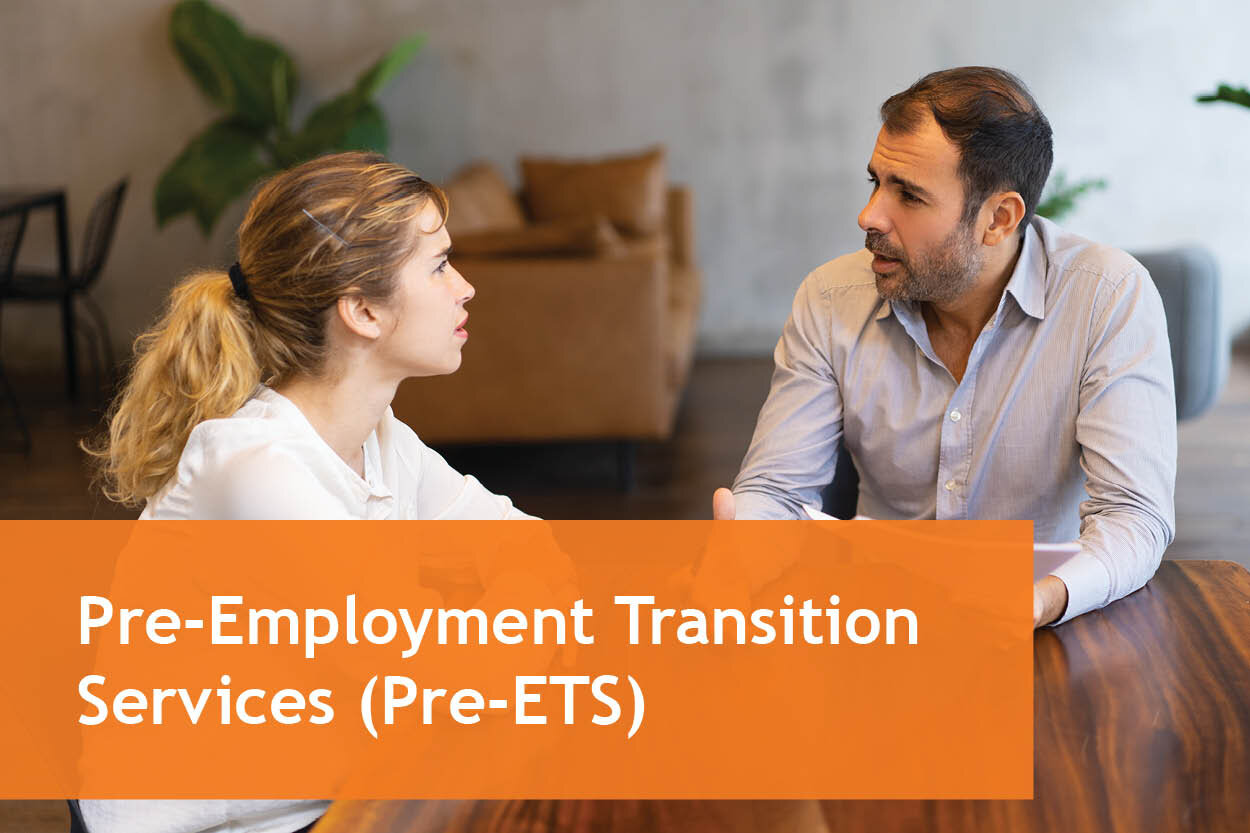Adult Resources
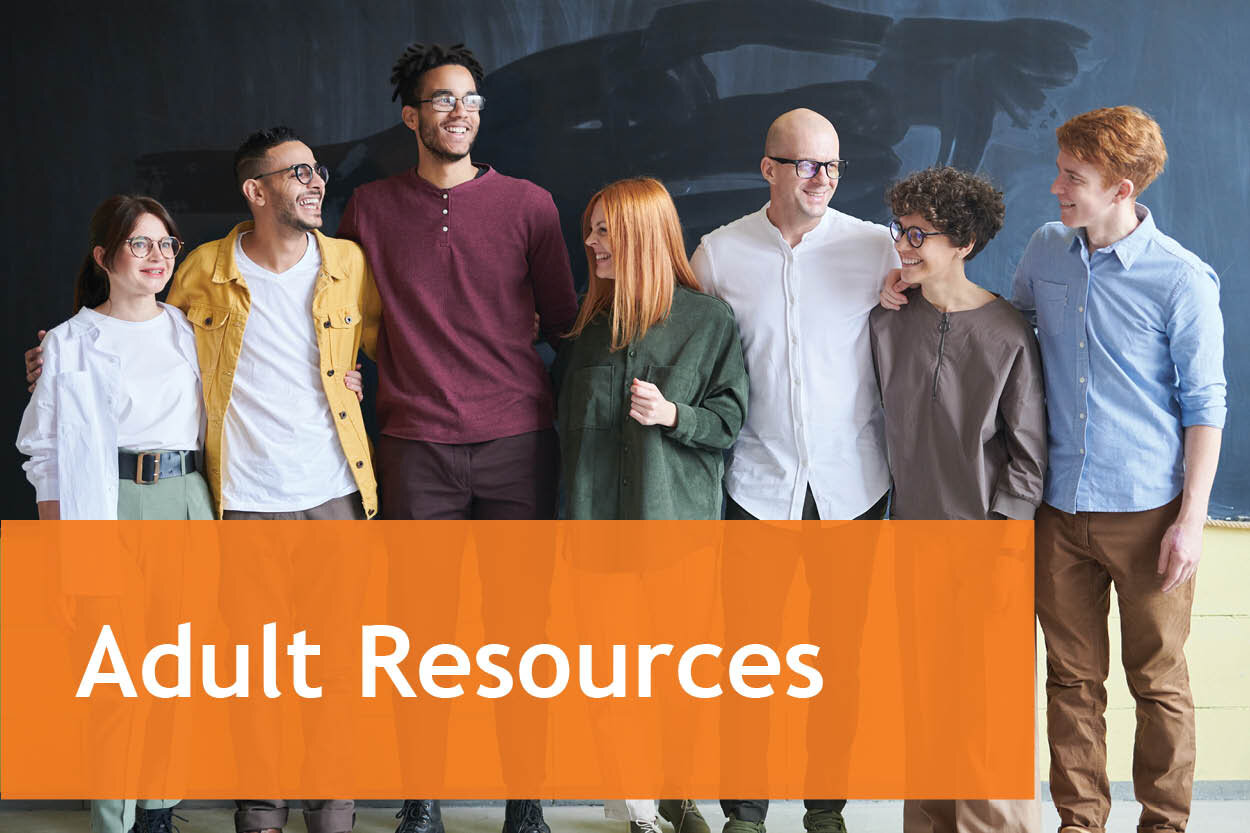
When a person leaves secondary education and enters adulthood, the builtin support system begins to disappear. It's important to plan for the long-term and the resources referenced here help make that possible.
Government Programs
Once a child leaves high school, the builtin support system begins to disappear. Adults who wish to live outside of their parent's home might require additional assistance in one form or another. Thankfully several government programs exist to support the transition to adulthood. Each resource listed below provides detailed information about a particular government program available to adults:
Hoosiers, across a wide range of ages and income levels, may be eligible for medical benefits through Medicaid and Medicaid Waivers. While Indiana's Medicaid and Medicaid Waiver programs can feel complicated, using the information found in this article, you’ll gain an understanding of what these programs are, how you can apply for benefits, and much more.
Social Security disability insurance (SSDI) is a Social Security Administration (SSA) benefit program that provides monthly income for people who've worked for a period of time and become disabled. The program can also provide benefits for the recipient’s children and grandchildren, if the recipient is currently receiving benefits from the SSA, including Social Security retirement benefits.
There are work incentives programs included in the program to help individuals who become disabled return to the workforce. These incentives allow a person to continue receiving benefit payments for several years while they find a work situation that provides a large enough income to replace their disability benefits.
Supplemental Security Income (SSI) is a Social Security Administration (SSA) benefit program that provides monthly income for low-income individuals who are blind, disabled, or over 65 years old. Eligibility for SSI includes rules based on how many assets you own as well as the income you earn.
SSI benefits are paid monthly through a direct deposit in a bank account the beneficiary owns. Beneficiaries can also receive benefits through a Direct Express® Debit MasterCard® account which doesn’t require a bank account but allows you to access your benefits with a debit card.
The Arc of Indiana created The Arc of Indiana Master Trust to help individuals with disabilities and their families establish a legal instrument called a Pooled Special Needs Trust. There are two types of trusts available from The Arc of Indiana Master Trust, Trust I and Trust II. These trusts allow third-parties and first-party contributions, respectively.
Pooled special needs trust allow groups of individuals to pool resources to benefit from professional support in managing and administering special needs trusts. The Arc of Indiana Master Trust has an online portal to help individuals and families manage the assets held in the trust. These trusts are designed to help individuals continue receiving benefits from government assistance programs while being able to maintain a higher quality of life than they otherwise would be able to enjoy.
The structure and support available while attending school isn't as easily accessible after graduation. For students with disabilities, this loss of support can be especially difficult to navigate. To ease the transition from school to the workforce, Pre-Employment Transition Services (Pre-ETS) was created.
Pre-ETS is similar to Vocational Rehabilitation (VR) services, though Pre-ETS services are focused on a younger population. Individuals aged 14 to 22 who are eligible for, and receiving, special education or related services under Part B of the Individuals with Disabilities Education Act (IEP, 504 plan) may be eligible to participate in the Pre-ETS program.
State Vocational Rehabilitation (VR) services help individuals with disabilities get job-related skills in order to find and retain employment. The services are wide-ranging and tailored to the individual’s specific needs. Employment service providers across the state provide the services to individuals who are eligible for the program.
The majority of individuals who apply for Vocational Rehabilitation (VR) services (approximately 80%) are found to have the “most significant disabilities” and are eligible to receive services without delay, according to federal law.
In December 2014, congress passed legislation (the Stephen Beck Jr. Achieving a Better Life Experience Act of 2014) that created a tax-advantaged financial account which helps individuals with disabilities to pay for disability-related expenses.
Funds in an Achieving a Better Life Experience (ABLE) Account can be used to pay for qualified disability expenses (QDE). Qualified expenses include living expenses, like housing, as well as direct disability-related expenses like assistive technology. These funds can also be invested and earn a return, providing a source of money to pay for expenses throughout the individual’s life.
